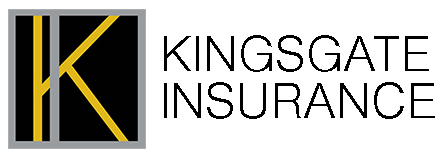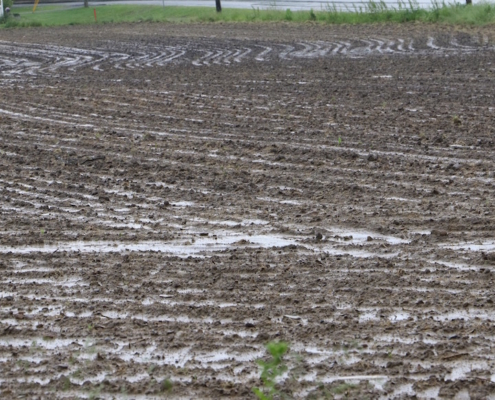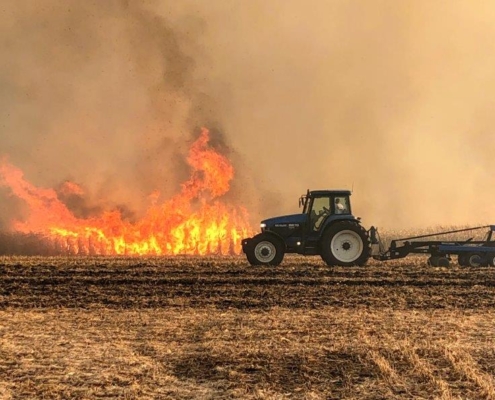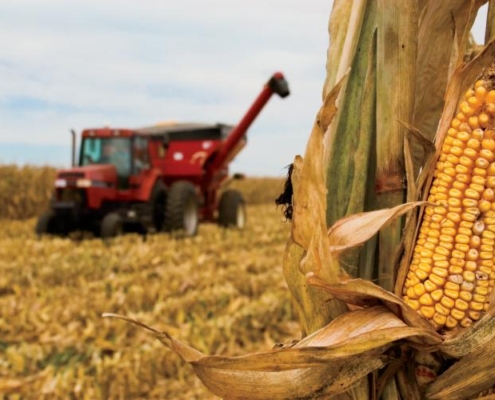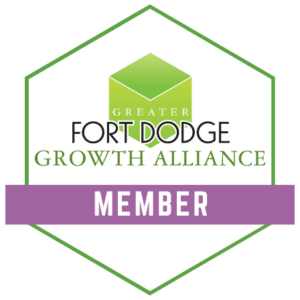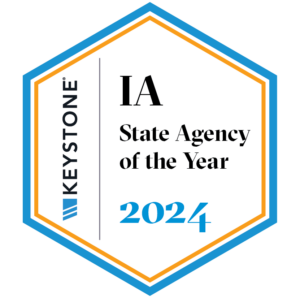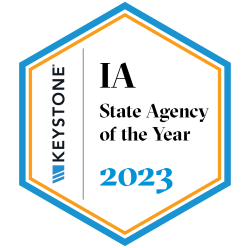As one looks at liability exposure and coverage limits there are many factors that can prove to be of concern or even misinterpreted on a policy that you might not be aware of. Below you will find a few that you may want to consider looking further into on your policy.
Potential Pollution Exposures
Without modifications, the farm liability coverage form has a pollution exclusion for bodily injury and property damage arising out of pollution and pollution clean-up costs except for certain, limited, circumstances. A couple examples of pollution losses are:
- Physical injury to crops or animals of others caused by chemical drift.
- Bodily injury or property damage caused by heat, smoke, or fumes from a crop stubble fire.
Personal Injury
Under the farm liability coverage form, personal injury can be defined as including malicious prosecution, invasion of privacy, and oral or written publication of material that slanders or libels a person or organization.
Vacant Land
Liability coverage is automatically provided to vacant land owned by or rented to an insured. If any type of structure exists on owned or rented land, review that with your agent to avoid potential coverage gaps.
Custom Farming
When custom farming operation receipts exceed $5,000 in 12 months, policy endorsements are necessary to cover bodily injury or property damage under the farm liability coverage form.
